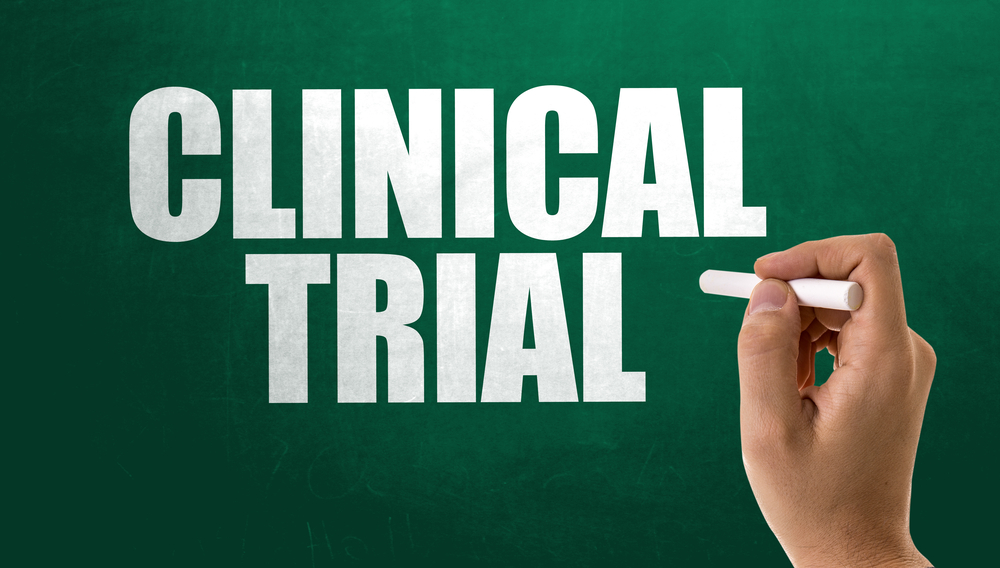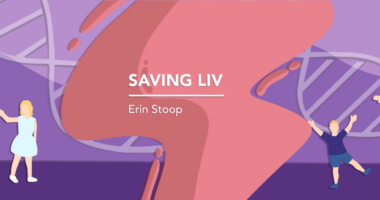Gene Therapy ABO-101 Granted FDA’s Fast Track Status for Sanfilippo Syndrome Type B

Abeona Therapeutics’ experimental gene therapy ABO-101 for people diagnosed with Sanfilippo syndrome type B has been granted Fast Track designation by the U.S. Food and Drug Administration (FDA).
The company is currently enrolling eligible patients at sites across the U.S. and Spain for its Phase 1/2 trial.
Fast Track designation is intended to shorten the time it takes for an investigational therapy to reach patients with serious illnesses, and gives Abeona the opportunity to have more frequent communications with the FDA about the required data for future therapy approval.
Sanfilippo syndrome type B, also known as mucopolysaccharidosis type IIIB (MPSIIIB), is caused by mutations affecting the NAGLU gene, which provides instructions for making the NAGLU enzyme. The enzyme is responsible for breaking down long complex sugar molecules called heparan sulfate.
When mutations reduce NAGLU activity, heparan sulfate accumulates inside lysosomes — special compartments within cells that digest and recycle different types of molecules — resulting in metabolic impairments, inflammation, and degeneration of the central nervous system.
ABO-101 is a first-in-human, adeno-associated viral (AAV)-based single-dose gene therapy for Sanfilippo syndrome type B. Given by peripheral vein infusion (administered through a catheter inserted into a vein), the experimental treatment delivers a functioning copy of the NAGLU gene to cells of the central nervous system and peripheral organs, in order to correct the effects of the genetic mutation that causes the disease.
“Receiving Fast Track designation is recognition by FDA that ABO-101 shows promise in treating a serious life-threatening disease and may address the significant unmet medical need of children with MPS IIIB,” João Siffert, MD, Abeona’s CEO, said in a press release.
“We will continue to interact with global regulatory authorities about the ABO-101 clinical program to facilitate development of this one-time AAV9 mediated gene therapy,” Siffert added.
The novel treatment is being studied in an open-label, non-randomized, Phase 1/2 trial (NCT03315182). Enrollment is still ongoing and study sites include the Nationwide Children’s Hospital, in Ohio, and the University Hospital of Santiago de Compostela, in Spain. For more information on how to participate, click on clinicaltrials.gov or Abeona’s webpage.
Trial participants will receive a one-time intravenous injection of either high- or low-dose ABO-101. Researchers will then assess the treatment’s safety and effectiveness at six, 12, and 24 months after gene therapy administration.
The trial will assess treatment-related adverse events; heparan sulfate levels in the cerebrospinal fluid (the fluid that surrounds the brain and spinal cord), plasma, and urine; NAGLU enzyme activity; and muscular and cognitive functions. Investigators plan to enroll nine participants.
Preliminary results from the first patient dosed showed the treatment was well-tolerated, with no therapy-related adverse events at 30 days post-treatment. Importantly, heparan sulfate levels in the patient’s cerebrospinal fluid were significantly reduced, thus supporting earlier clinical observations that ABO-101 can cross the blood-brain barrier after intravenous administration. The blood-brain barrier is a semipermeable membrane that protects the brain against the external environment, and is a major barrier for the efficient delivery of certain therapeutics that need to reach the brain and central nervous system.
In order to accelerate patient recruitment, Abeona expects to activate additional trial sites worldwide during 2019.
ABO-101 has also received Rare Pediatric Disease designation from the FDA, and Orphan Drug designations in the U.S. and EU.





